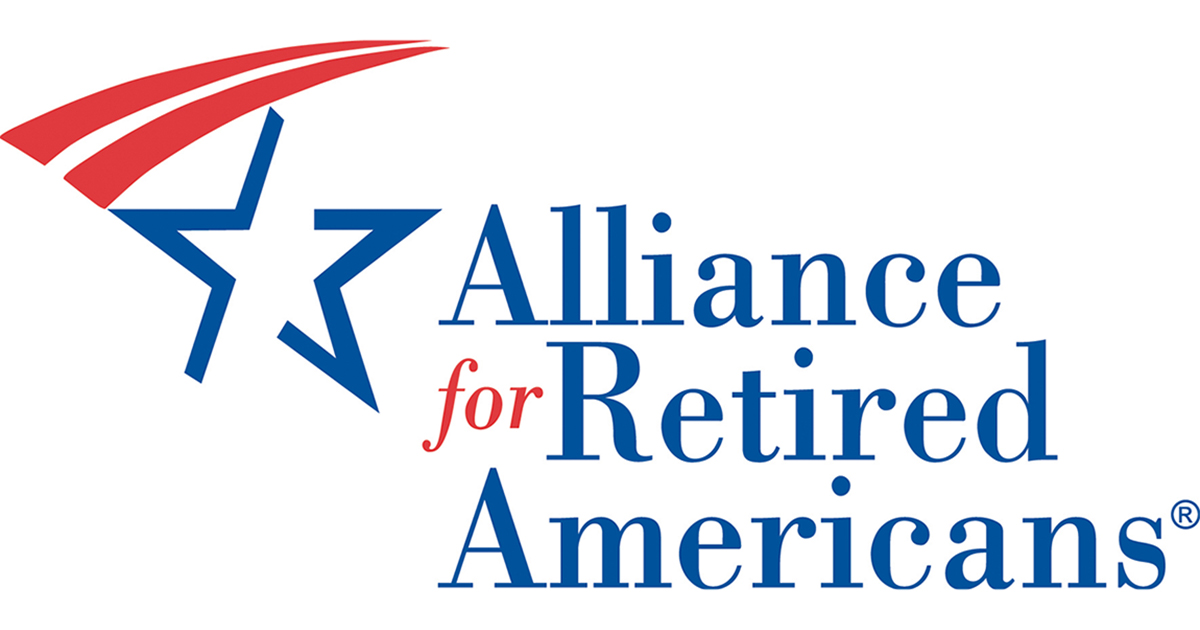September 06, 2006
Resolution National Health Care
Adopted September 6, 2006
Whereas the United States is the only major industrialized country without a universal system of health care; and
Whereas the United States spends more money on health care per capita than any other industrialized country; and
Whereas health care costs continue to out-pace inflation, rising 2 to 3 times faster than both the overall rate of inflation and workers’ wages; and
Whereas half of individual bankruptcies in the United States are attributable to illness and medical bills; and
Whereas the United States ranks near the bottom among industrialized nations on many indicators of health—such as infant mortality and life expectancy; and
Whereas the United States spends $2 trillion on health care each year yet American patients get appropriate treatment for their health care needs only about 50 percent of the time; and
Whereas 98,000 Americans die each year because of medical errors and 1.5 million are the victims of medical errors; and
Whereas 18,000 Americans die every year because they lack adequate health insurance coverage; and
Whereas over 46 million Americans are uninsured and 9 million of the uninsured are children; and
Whereas more than 8 out of 10 of the uninsured are members of working families; and
Whereas 41 percent of moderate-income Americans earning between $20,000 and $40,000 annually did not have health insurance for at least part of the year in 2005, up from 28 percent in 2001; and
Whereas premiums for families with employer-provided health insurance approach $11,000 annually, nearly one-third of the gross earnings of a full-time average-wage worker; and
Whereas employers are requiring greater cost-sharing by employees and retirees for health coverage or eliminating health insurance altogether for one or both groups; and
Whereas the proportion of employers offering health care coverage for employees decreased from 69 percent to 60 percent over the last five years; and
Whereas the percentage of companies with 200 or more workers that offered retiree benefits decreased from 66 percent in 1988 to 33 percent in 2005; and
Whereas only one-third of early retirees, those retiring before age 65, have health care coverage based on their prior employment; and
Whereas many employers are beginning to offer health savings accounts (HSAs)—so-called consumer directed tax-sheltered accounts linked to high deductibles and advantageous for healthy and higher income workers—to employees; and
Whereas HSAs undermine employer-provided health coverage leading to higher costs and less coverage for other workers and their families; and
Whereas Medicaid, a federal-state program providing health care coverage for many low-income individuals and families who otherwise would not have it, is increasingly limiting benefits and eligibility; and
Whereas a survey of physicians showed that 49 percent support national health insurance; and
Whereas a national survey of patients found that 65 percent favor universal health insurance even if it means raising taxes; and
Whereas a January 2004 report by the Institute of Medicine called for universal health care coverage in the United States and recommended that health care coverage be continuous and affordable to individuals, families and society. According to the report, such coverage would promote access to high-quality care that is effective, efficient, safe, timely, patient-centered, and equitable; and
Whereas the Citizens’ Health Care Working Group, created by the Medicare Modernization Act (MMA), after holding hearings throughout the country in 2006 on financing and coverage of health care services, recommends “a public policy that all Americans have affordable health care” and a “core benefits package for all Americans” by 2012; and
Whereas Medicare is the nation’s largest and most successful health insurance system efficiently serving the health needs of nearly 43 million senior and disabled beneficiaries; and
Whereas Medicare’s administrative cost is just 3 percent compared to 13 percent for private insurers; and
Whereas the Medicare system is built upon shared financing, funded by payroll taxes, general revenues and enrollee premiums; and
Whereas the Medicare system is a prime model for universal coverage.
Therefore, be it resolved that the Alliance for Retired Americans supports the creation of a high quality, affordable, universal health care system, which provides comprehensive services, including long-term care, and is based on a sound financing model similar to Medicare such as the legislation for universal health care proposed in H.R. 15, H.R. 676, H.R. 1200, and H.R. 5886, introduced by Representatives John Dingell, John Conyers, Jim McDermott, and Pete Stark respectively; and
Be it further resolved that the Alliance for Retired Americans also supports other proposals, such as employer mandates or extending eligibility in other existing federal and state programs, that would move toward the achievement of these goals; and
Be it further resolved that the Alliance for Retired Americans carry out an educational campaign to promote the benefits of a universal health care system and ways to achieve it through political and social action; and
Be it further resolved that the willingness of political candidates to address the national health care crisis be an important criterion for the Alliance for Retired Americans in making political endorsements; and
Be it finally resolved that until the United States has a national health care system, the Alliance for Retired Americans supports universal health coverage efforts in the states based on the principles outlined in this resolution.


